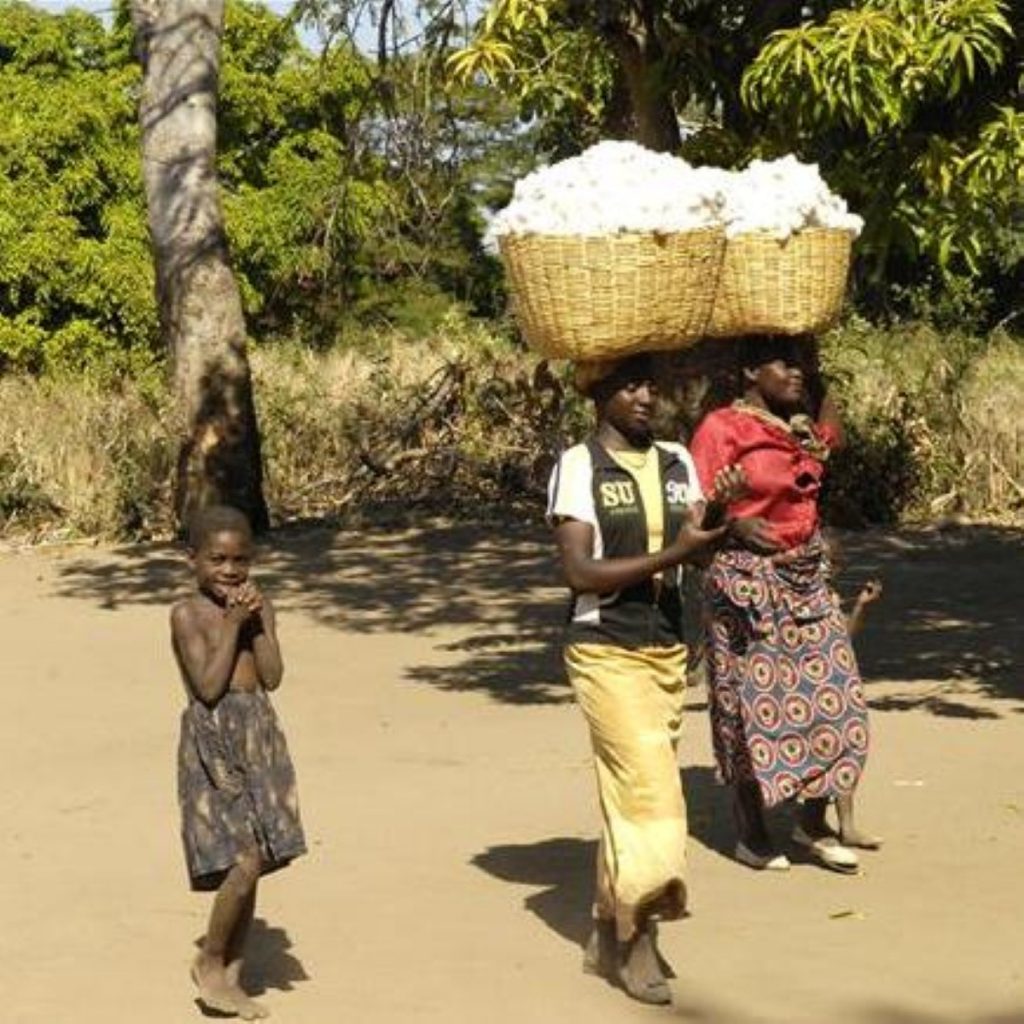PM backs chronic poverty report
Gordon Brown has backed a report claiming global chronic poverty can be eradicated by 2025.
A study from the Chronic Poverty Research Centre, an international partnership of universities, research institutes and non-governmental organisations (NGOs), says social protection will help an estimated maximum of 425 million people it believes are currently living in poverty.
It calls for more public services for the hard to reach, building individual and collective assets and the introduction of anti-discrimination and gender empowerment policies around the world.
“Whichever way one frames the problem of chronic poverty – as human suffering, as vulnerability, as a basic needs failure. – one thing is clear. Widespread chronic poverty occurs in a world that has the knowledge and resources to eradicate it.”


Chronic poverty, defined as poverty which often traps an individual for their whole lifetime and affects their children, affects individuals through hunger, illiteracy, lack of access to basic health services and political exclusion.
The report identifies a number of poverty traps which underpin chronic poverty. These are insecurity, limited citizenship, spatial disadvantage, social discrimination and poor work opportunities.
The CPRC believes the key to solving these problems lies at the national level, saying governments face pressure to press on with addressing the problem through social protection.
Margaret Kakende of Uganda’s finance ministry said her government had “taken some time on buying into” social protection proposals but said the report is a “shot in the arm” on encouraging future action.
“My government needs to know what works. This report gives us solutions,” she said at the Foreign Press Association in London on Tuesday.
“We’ve been asking ourselves whether we can. It can be done, it must be done.”
The report has received the seal of approval from prime minister Gordon Brown, who congratulated its “timely reminder” about the “global emergency” of chronic poverty.
“World leaders, NGOs, faith groups, the private sector and civil society as a whole must heed this warning as we work together to achieve the millenium development goals by 2015,” he said. “The report reminds us that alleviating chronic poverty is not merely a question of economics. It is a moral imperative.”

